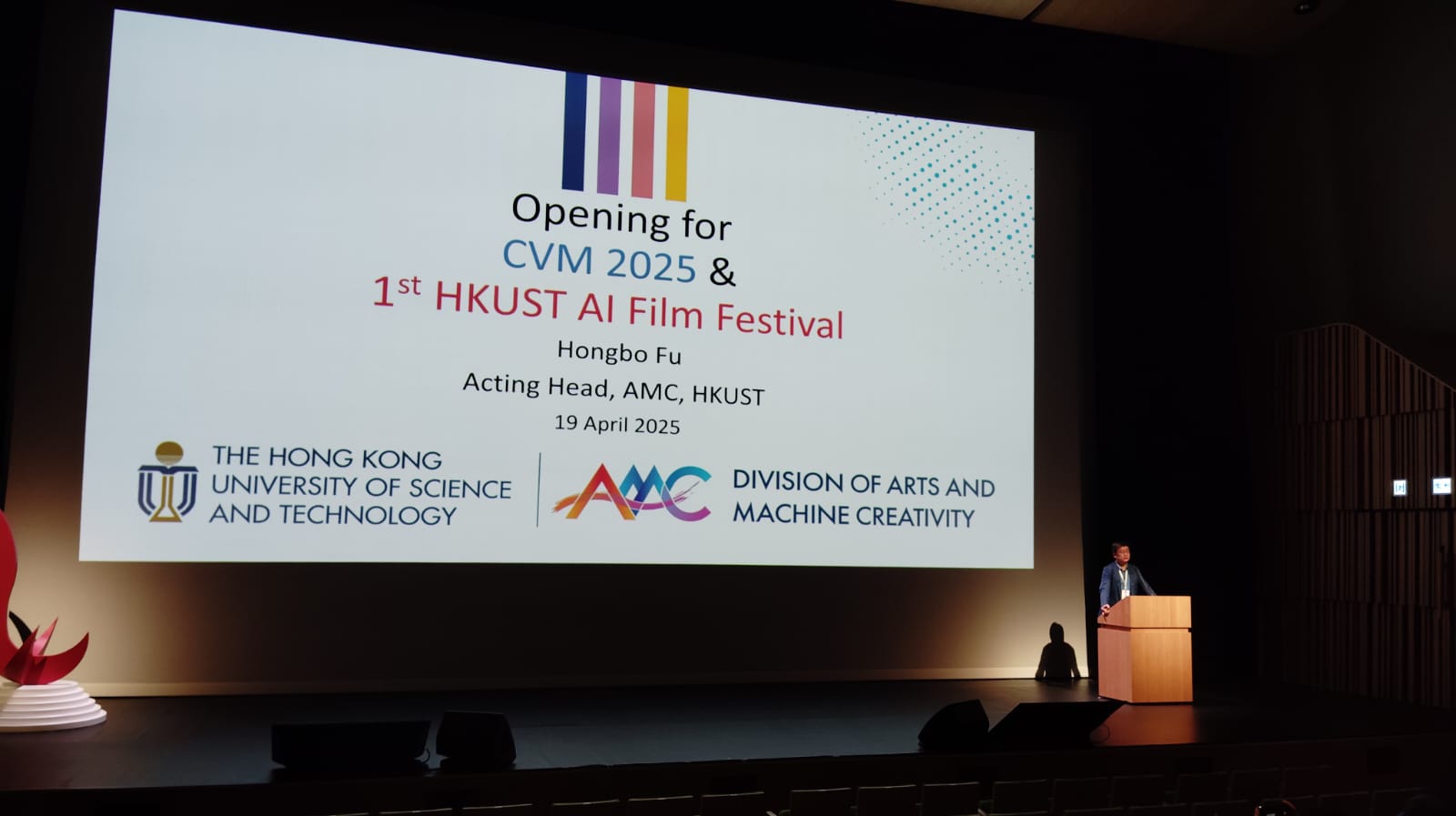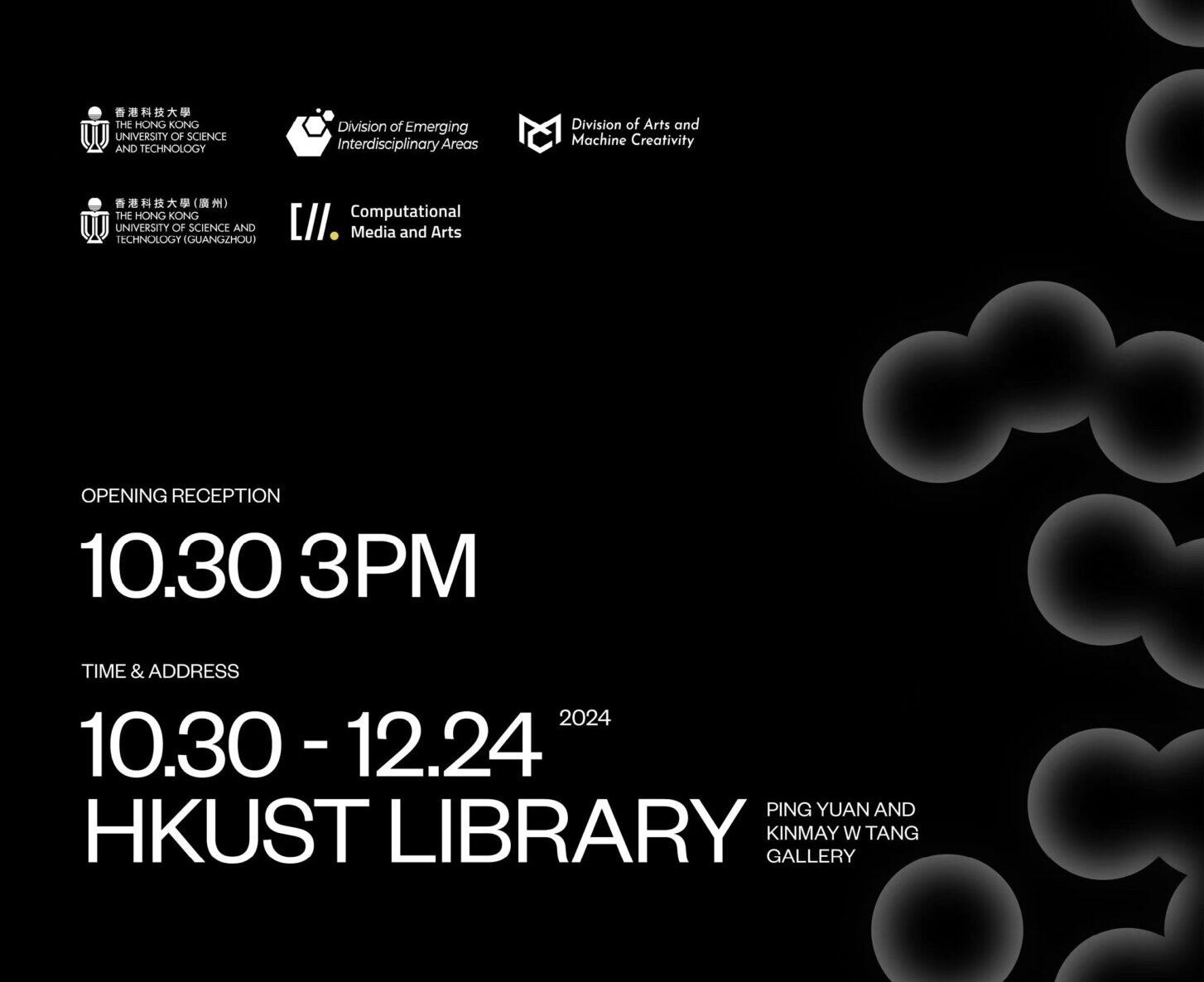Why Social Enterprises and Charities Focused on Elderly Issues Can Benefit from Design Thinking Courses – a special invitation
As our society ages, the challenges associated with elderly care become increasingly complex. Social enterprises and charities dedicated to addressing these issues are at the forefront of finding innovative solutions. Integrating design thinking into their problem-solving toolkit can significantly enhance their impact. Here’s why:
Design Thinking in Elderly Care
Design thinking, a human-centered approach to problem-solving, can significantly improve elderly care. By emphasizing empathy and understanding the unique needs of older adults, design thinking can lead to innovative solutions that enhance their well-being. For example, creating user-friendly interfaces for digital health tools or developing community-based support systems can address specific challenges faced by the elderly.
Community and Social Support
Creating supportive environments that foster social interaction and engagement is crucial for the mental and emotional well-being of older adults. Initiatives such as home-sharing platforms, music therapy programs, and local community activities can reduce loneliness and improve quality of life.
Understanding Design Thinking
Design thinking is a human-centered approach to innovation that draws from the designer’s toolkit to integrate the needs of people, the possibilities of technology, and the requirements for business success. It involves five key phases:
- Empathize: Understanding the needs and challenges of the end-users.
- Define: Clearly articulating the problem to be solved.
- Ideate: Generating a range of ideas and potential solutions.
- Prototype: Creating tangible representations of ideas.
- Test: Evaluating the solutions and refining them based on feedback.
Benefits for Social Enterprises and Charities
1. Empathy-Driven Solutions
Elderly care requires a deep understanding of the unique challenges faced by older adults. Design thinking emphasizes empathy, encouraging organizations to step into the shoes of the elderly and their caregivers. This leads to solutions that are not only innovative but also deeply relevant and impactful.
2. Fresh Perspectives
Collaborating with students in design thinking courses brings fresh perspectives to longstanding problems. Students can offer new insights and creative solutions that might not be immediately apparent to those deeply entrenched in the field. This diversity of thought can lead to breakthroughs in elderly care strategies.
3. Prototyping and Testing
Design thinking encourages rapid prototyping and iterative testing. For social enterprises and charities, this means they can quickly develop and refine solutions, ensuring they are effective before full-scale implementation. This approach reduces the risk of failure and increases the likelihood of success.
4. Building Future Leaders
By involving students in real-world challenges, social enterprises and charities help shape the next generation of empathetic, problem-solving leaders. These students gain invaluable experience and are more likely to continue contributing to social causes in the future.
Call for Collaboration
We are seeking Hong Kong-based social enterprises and charity organizations to collaborate on integrating real-world problems into our upcoming Design Thinking courses at HKUST (Sep-Nov Fall Semester). This collaboration will:
- Enhance student learning with authentic tasks.
- Provide your organization with fresh perspectives and potentially innovative solutions.
- Help shape empathetic, problem-solving future leaders.
If your organization has a specific problem or challenge that could benefit from this collaboration, please contact me directly at [email protected]. Let’s work together to inspire future generations and drive social change!
Dr Daniel Chun
Lecturer – EMIA2020 Cross-Disciplinary Design Thinking 2024-2025
My article at HK Economic Journal on June 6, 2024
https://edu.hkej.com/php/article.detail.php?aid=60045
Conclusion
Design thinking offers a powerful methodology for tackling the complex challenges associated with elderly care. By collaborating with educational institutions, social enterprises and charities can leverage fresh perspectives, empathy-driven solutions, and iterative testing to enhance their impact. This partnership not only benefits the organizations and their beneficiaries but also plays a crucial role in shaping the next generation of social innovators.










